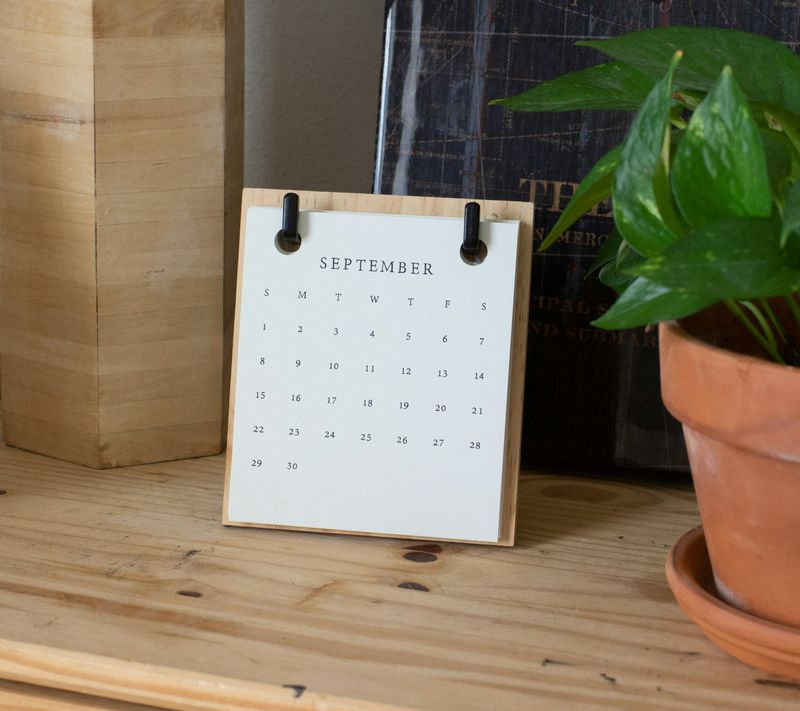Do you think you have what it takes to be an early childhood educator (ECE)?
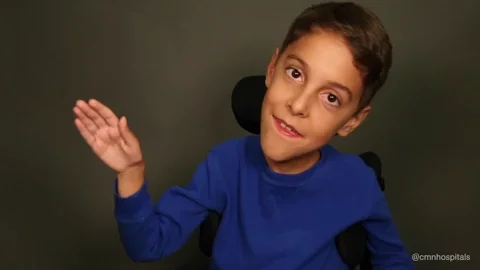
If you have completed a general undergraduate program at university or just graduated from high school and are unsure about your future, but are sure that you would like to work with children being an ECE (early childhood educator) might be a great fit!
These are some questions you might want to ask yourself before exploring the ECE pathway:
Do I like children?
Am I an educator at heart?
Do I want to inspire and help others grow?
Am I ready to spend an additional 1-2 years studying early childhood education?
Would I be okay earning a low salary?
Consider:
What educational background is required
Benefits and drawbacks of becoming an ECE
Why study to become an ECE?

ECEs play a special role in society because they take care of children from a variety of backgrounds, from the able-bodied to the disabled, and try to make a difference in a child's life.
Their job mainly involves organizing educational plans for children between infancy and the age of 12. The main purpose is to focus on intellectual, physical, and emotional growth and ensure a child's security and well-being.
What are the ups & downs of being an ECE?

A career as an ECE might be a perfect match if you...
Are patient, empathetic, and caring
Are ok with standing for long periods of time, walking or even running after a child or two
Have a passion for building learning experiences in a playful way
Are looking to make a difference in a life
Love being creative
Aim to have flexibility in your life, when it comes to going home without extra work to do

Being an ECE might not be your cup of tea if...
You're looking for a career with a high-paying wage — the average hourly wage of an ECE is approximately $24
Being responsible for others (specifically little children) intimidates you
You want to avoid an emotionally challenging job
The lack of recognition would be a problem for you
Quiz
You're stuck between choosing to got to school to be an ECE or a primary school teacher. What should you do? Check all that apply:
How do I become an ECE in Canada at the college level?
Complete a high school diploma or a Canadian Adult Education Credential (CAEC)
Receive an Early Childhood Education Diploma at a certified college
Register with the College of Early Childhood Educators to become certified
How long will it take?
After completing your high school diploma or CAEC, it will take 1-2 years.
To get your Early Childhood Education Diploma, you can enroll in a regular length program (2 years) or a fast-track program that is less than 1 year.
Ways to prepare for the college route:
Complete a high school diploma, it is also mandatory to have a grade 12 English course (either college or university level)
Gain experience working with children in your local community — either try volunteering or working with friends/family
Research potential colleges that best fit your credentials by visiting sites such as Ontario Colleges, where you can browse lots of different programs!
Find ways to fund your schooling
What will you learn from an ECE college program?
The theoretical and practical sides of child development
Learn about basic health/safety
Developing activities to help child's learning and build on their abilities and interests
Plan early learning education curriculums
Improve writing and communication skills to better interact with a child and their guardian
Resilience skills when learning to work through more difficult situations, especially when facing unexpected scenarios such as dealing with a child's tantrums
The general structure of programs involve...
In-class learning and theory
A field placement opportunity in places such as "preschools, child care programs, hospitals, and kindergartens for real-world experience"
Each program varies — there is usually a fixed number of hours required in order to earn your diploma
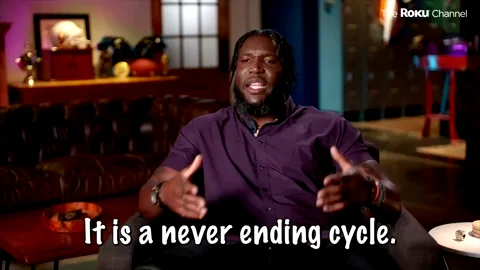
Continued education after you're a registered ECE (RECE)
And the fun goes on! Once a year, for professional development, you must take part in a "continuous professional learning program". These programs help ECEs:
Improve their skills and explore new ways of thinking
Refresh skills for ECEs who aren't currently working
What are your career paths?
 Photo by Ian Schneider on Unsplash
Photo by Ian Schneider on UnsplashWhere you end up will depend on whether you take a university pathway (more theoretical) or college pathway (more hands on) to become an ECE.
It's important to consider that going through university to get a Master's may take more time and money, but it also leads to more administrative roles.
However, if you take the college route, you're limited to working more directly with the children. The difference in routes can also affect your salary.
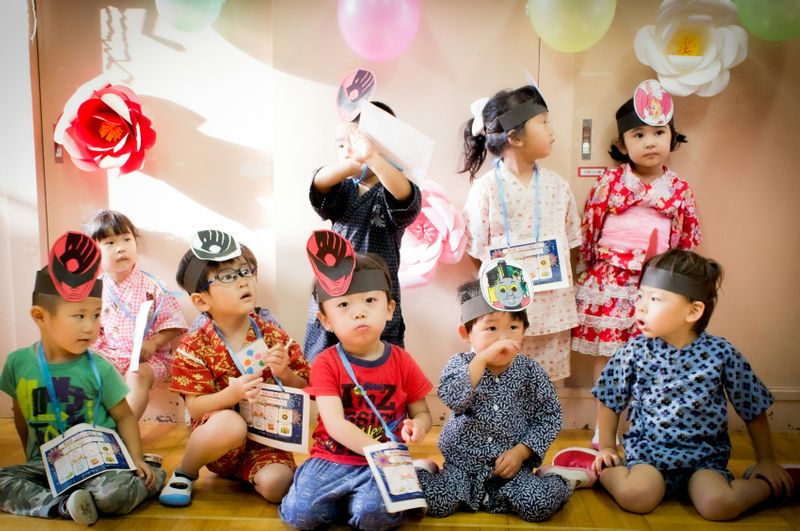 Photo by zoo monkey on Unsplash
Photo by zoo monkey on UnsplashBelow is a comparison between jobs that you can find with a University Master's studying ECE vs jobs you can find straight out of college being an ECE:
University level (Master's route):
Work for the government as a policy maker
Curriculum design
Preschool or daycare centre director
Early childhood education specialist
Positions as a special education teacher, principal, or vice-principal
College level:
Work in a licensed child-care centre or an unlicensed home child-care centre
Work for community recreation programs or transition homes for women and children who have experienced domestic violence
Child education advocacy
Child care consulting
Camp counselor
 Photo by Leo Rivas on Unsplash
Photo by Leo Rivas on UnsplashRemember...
No matter which route you take, children can be fun to see grow and learn, but also be a handful at the same time.
Being an ECE is a serious responsibility, as you have a little life in your hands, but it can also truly be rewarding.
How do you succeed before, during, and after an ECE program?
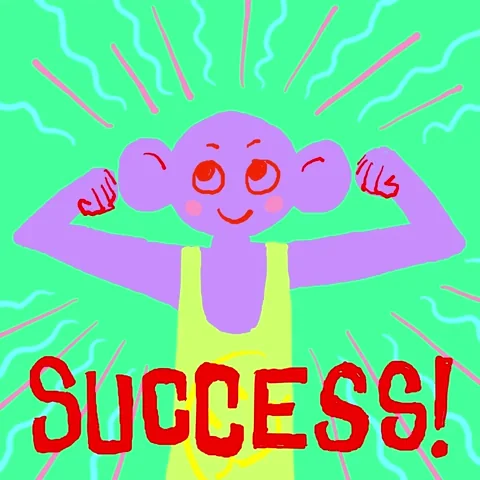
Brainstorm reasons why you want to be an ECE
Familiarize yourself with program expectations
Research basic skills needed for an ECE and work on improving them (for example, observation skills are especially important around children)
Make a list of ECE skills you want to develop during your program
Volunteer at your local daycare to gain practical skills
Learn more educational games to use in lessons since gamification is key
Network with others and build experience so you can grow — for example, reach out to peers who are ECEs on Linkedin
Use social media in an appropriate way
Quiz: Who should study to be an ECE?
Three education students are considering an ECE program:

Katie loves kids and being creative, but struggles with her stress levels.

Mike is caring, but can be impatient.

Sue is data-driven and loves math.
Quiz
Which people are best suited to take an ECE program?
Take Action
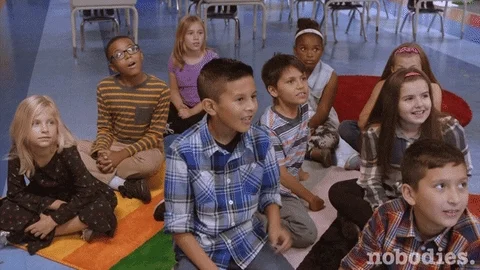
Congrats! You've taken the first few steps to consider what it means to be an early childhood educator. You know the general education required and have had a chance to consider your own interests...now it's time for you to decide.
Your feedback matters to us.
This Byte helped me better understand the topic.

